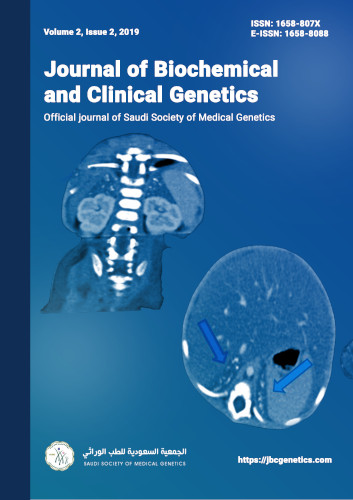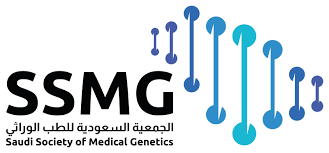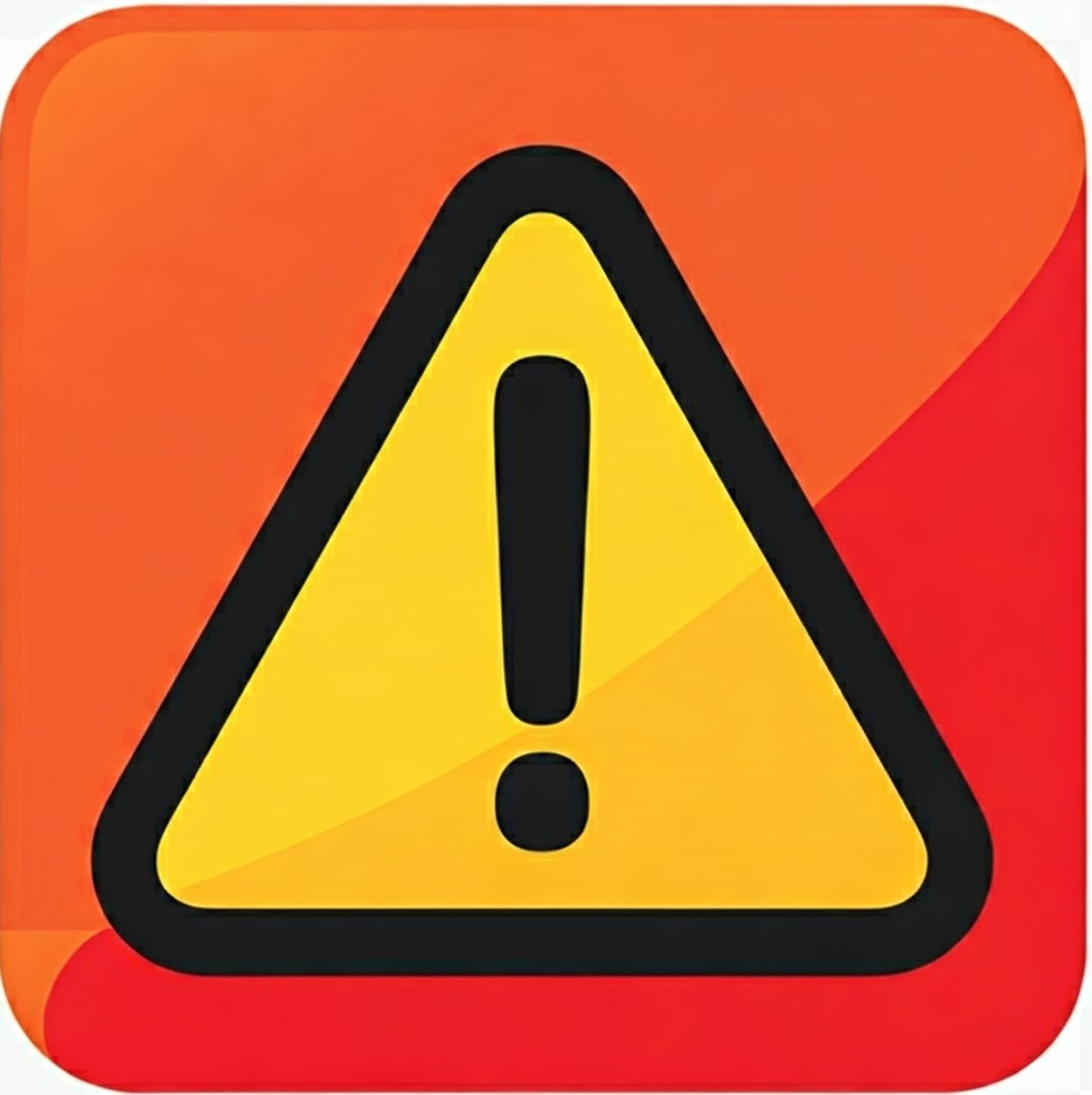Articles
 Editorial |
December 25, 2024
Editorial |
December 25, 2024
Muhammad umair
Year:
2024
|
Volume:
7
|
Issue:
2
|
Pages:
061 - 062
The emergence of gene therapy has heralded a revolutionary era in the medical domain, especially for the treatment of rare genetic disorders. These conditions, stemming from mutations in individual genes, frequently result in severe health issues with few treatment options. For years, the outlook for individuals with inherited rare diseases was dire, as conventional therapies failed to address most of these disorders. However, recent progress in gene therapy is unlocking new possibilities for curing or alleviating the impact of these disorders by directly modifying the genetic material at the root of the disease. This editorial delves into the importance, constraints, and future prospects of gene therapy in the context of inherited rare diseases, highlighting its role as a pioneering force in personalized medical care.
 Original Article |
December 18, 2024
Original Article |
December 18, 2024
Komal Uppal
,
Sunil Kumar Polipalli
,
Somesh Kumar
,
Seema Kapoor
Year:
2024
|
Volume:
7
|
Issue:
2
|
Pages:
063 - 067
Background: Duchenne Muscular Dystrophy (DMD) the most common muscular dystrophy affecting mainly males, is caused by mutation of DMD (dystrophin) gene. The present study aimed at reporting the phenotypic and mutation spectrum of clinically suspected DMD children by molecular testing from the tertiary hospital, Delhi.
Methods: In this retrospective study, molecular testing was done in 73 clinically suspected DMD patients to identify DMD deletions, duplication or point mutation.
Results: Among 73 clinically suspected DMD patients confirmed by genetic testing, DMD gene deletion was present in 79.45 %, duplication in 1.3% and point mutation in 19.17 % cases. In 89.6 % of patients, deletion was located at distal hot spot region. Single exon deletion was found in 18.9 %. Distal hotspot exons 44, 45 and 52 were the commonly deleted exons.
Conclusions: Positive results by genetic testing prove to be investigation of choice for definitive diagnosis, to offer genetic counseling and prenatal diagnosis and it also helps in further discovery of mutation specific therapeutic interventions.
 Original Article |
December 20, 2024
Original Article |
December 20, 2024
Emtithal Al jishi
,
Zahra Al sahlawi
,
Huda Omran
,
Mohammed S. Almaliki
,
Faten Al mahroos
,
Heba Alkoheji
Year:
2024
|
Volume:
7
|
Issue:
2
|
Pages:
068 - 074
Background: 3-Hydroxyisobutyryl-CoA hydrolase (HIBCH) deficiency is a rare inborn error of valine catabolism associated with progressive neurological impairment. This retrospective cohort study aimed to characterize the clinical, biochemical, genetic, and respiratory chain profiles of HIBCH deficiency patients in Bahrain.
Methods: Eight HIBCH deficiency patients were evaluated from a larger cohort of 90 individuals assessed for Leigh-like syndrome at the metabolic clinic of Salmaniya Medical Complex, Bahrain, between 2000-2020. Clinical features, neuroimaging findings, biochemical profiles, genetic analyses, and respiratory chain activities were systematically examined.
Results: Developmental delay and acute encephalopathy were the main presenting symptoms. Neuroimaging demonstrated heterogeneous, often progressive basal ganglia and white matter changes. Biochemical profiling revealed elevated C4-OH acylcarnitine, with variable abnormalities in blood lactate, amino acids, and respiratory chain complexes. Genetic analysis identified a novel homozygous HIBCH variant (c.860A>G, p.Asp287Gly) in all patients. Despite clinical interventions, 5 of 8 patients exhibited severe, persistent developmental delay, and 3 patients succumbed to sepsis.
Conclusion: This study provides comprehensive characterization of the clinical, biochemical, and genetic changes in HIBCH deficiency patients in Bahrain, including the identification of a novel genetic variant. The progressive, debilitating nature of this disorder underscores the critical importance of early diagnosis and tailored management strategies for this rare metabolic condition.
 Original Article |
December 31, 2024
Original Article |
December 31, 2024
Zaheer Ahmed
,
Syed Nasir Abbas Shah
,
Rimsha Zaid
,
Abdul Jabbar
,
Adeel Shahid
,
Nizam Uddin Baloch
,
Muhammad Jawad Khan
,
Muhammad Umair
Year:
2024
|
Volume:
7
|
Issue:
2
|
Pages:
075 - 080
Background: Polydactyly is a hereditary condition in humans resulting from abnormalities in genes related to the development of autopods. This disorder can be inherited in an autosomal dominant or autosomal recessive pattern. GLI1 functions as a moderator in the hedgehog signaling pathway. Upon binding the hedgehog to its receptor, GLI proteins are activated, leading to the expression of genes responsible for bone patterning and establishment.
Methods and Result: Here, we describe the clinical and molecular findings of Pakistani origin family with postaxial polydactyly type B. Whole exome sequencing (WES) followed by Sanger sequencing identified a homozygous variant [c.1133C > T, p.(Ser378Leu)] residing in the zinc finger domain of the Glioma-Associated Oncogene Family Zinc Finger (GLI1).
Conclusion: This study will facilitate genetic counseling and proper diagnosis of families with related and same disorders in the Pakistani population.
 Original Article |
January 16, 2025
Original Article |
January 16, 2025
Muhammad Umair
,
Saleh Althenayyan
,
Raja Hussain Ali
Year:
2025
|
Volume:
7
|
Issue:
2
|
Pages:
081 - 089
Background: Intellectual Developmental Disorder, Autosomal Recessive 39 (IDDAR39) is a rare inherited condition caused by mutated TTI2 gene. The condition is characterized by intellectual disability and developmental delays, among other clinical features.
Methods: We conducted a genetic study in a Saudi proband (II-1) with intellectual disability (ID), developmental delay, mild microcephaly, short stature, and skeletal abnormalities. To identify potential disease-causing variant, whole-exome sequencing (WES) and Sanger-sequencing was utilized.
Results: WES analysis identified a bialelic TTI2-missense variant [c.1309T>G; p.(Cys437Gly)] in the proband (II-1). Disease causing variants in TTI2 have been previously associated with IIDAR39. The clinical features of the proband were consistent with the phenotypic presentation observed in other cases of IDDAR39.
Conclusion: The TTI2-novel variant identified in the present study is likely responsible for the clinical manifestations observed in the proband. This finding supports the critical role of TTI2 in neurodevelopmental processes in humans.
 Original Article |
January 19, 2025
Original Article |
January 19, 2025
Raja Hussain Ali
,
Muhammad Umair
Year:
2025
|
Volume:
7
|
Issue:
2
|
Pages:
090 - 097
Background:
The genetic Neurological disorders are both clinically and genetically heterogeneous. Among them Neurodevelopmental disorder with hypotonia, neuropathy, and deafness (NEDHND, OMIM #617519) is a rare autosomal recessive genetic syndromic condition. This study is aimed to characterize the underlying genetic cause of mutisystemic dysfunction in a single consanguineous family of Saudi origin.
Methods:
This study investigated the causal genetic changes in the affected family member with neurological issue and deafness issues along with muscular weakness using unbiased whole genome sequencing.
Results:
The genetic investigation uncovered a novel missense change (c.5501G>A; p.Arg1834Gln) in the exon 26 Of SPTBN4 gene located on 19q13.2, which segregated in accordance with the autosomal recessive inheritance model.
Conclusion:
This study establishes a genotype-phenotype correlation for the Neurodevelopmental disorder with hypotonia, neuropathy, and deafness (NEDHND, OMIM #617519), and reinforce the concept that variants of uncertain significance (UVS) including the one found in this report holds yet to be fully uncovered role in influencing the gene specific phenotypes for a particular genetic condition.
 Case Report |
January 12, 2025
Case Report |
January 12, 2025
Suhaib Mohammad Ali Abunaser
,
Anurita Pais
,
Cigdem Pala Ozturk
Year:
2025
|
Volume:
7
|
Issue:
2
|
Pages:
098 - 103
Background
Pentasomy involving duplication of isochromosome 21;der(21;21)(q10;q10) is a rare cytogenetic abnormality linked primarily to acute lymphoblastic leukemia (ALL) and less frequently to acute myeloid leukemia (AML) or myelodysplastic syndromes (MDS). These abnormalities often occur in complex karyotypes and might co-occur with t(12;21).
Case Presentation
A unique case of ALL was reported in a 14-year-old male presented with pentasomy 21 from duplicated der(21;21)(q10;q10) along with deletion 13q as primary abnormalities. Bone marrow and flow cytometry showed 90% B-lymphoid blast cells. Chromosome analysis and Fluorescence in situ hybridization (FISH) revealed interstitial deletion 13q and der(21;21)(q10;q10) duplication, resulting in five RUNX1 gene signals. While duplicated isochromosome/isodicentric chromosome 21 was documented in isolated cases of ALL and AML, this was the first report of this abnormality co-existing with deletion 13q in the present case of ALL, suggesting a unique contribution to disease pathogenesis. The amplification of 21q genes, including RUNX1, ETS, and ERG, might influence pathogenesis and warrants further investigation.
Conclusion
The co-occurrence of Pentasomy 21 and 13q deletions represented a novel finding, prompting investigations into their combined impact on clinical outcomes. This unique cytogenetic combination highlighted the need for further studies to understand its impact on ALL pathophysiology.
 Case Report |
January 12, 2025
Case Report |
January 12, 2025
Suhaib Mohammad Ali Abunaser
,
Cigdem Pala Ozturk
,
Anurita Pais
Year:
2025
|
Volume:
7
|
Issue:
2
|
Pages:
104 - 109
Background:
Myelodysplastic syndrome (MDS) is a heterogeneous group of clonal hematopoietic disorders characterized by recurrent chromosomal abnormalities that guide diagnosis and prognosis. Der(1;7) is a relatively rare abnormality and was reported in 1-3% of MDS patients and 1-2% of acute myeloid leukemia (AML) patients. However, due to its rare occurrence, its prognostic evaluation remains under investigation.
Case Presentation:
The present case was a 62-year-old male from the country of Bahrain with a chromosomal abnormality of der(1;7)(q10;p10) along with a clonal evolution of deletion of chromosome 20q. A comprehensive assessment combining morphology, immunophenotyping, karyotyping, and fluorescence in situ hybridization (FISH) provided valuable insights into the characterization and clonal behavior of this rare abnormality. The importance of the international prognostic scoring system-revised (IPSS-R) scoring in guiding treatment decisions, particularly highlighting the relevance of allo-grafting based on genetic findings in intermediate-risk cases was discussed.
Conclusion:
The present study aligns with and supports ongoing efforts to refine the classification system by recognizing der(1;7) as an independent entity within the MDS classification, distinct from monosomy 7 or deletion 7q, with the ultimate goal of advancing personalized treatment approaches.
 Case Report |
January 19, 2025
Case Report |
January 19, 2025
Komal Uppal
,
Himani Kaushik
,
Sunil Kumar Polipalli
,
Somesh Kumar
,
Seema Kapoor
Year:
2025
|
Volume:
7
|
Issue:
2
|
Pages:
110 - 113
Background: Glucose-6-phosphate dehydrogenase (G6PD) deficiency, recognized as the most prevalent enzymopathy globally, limits pentose phosphate pathway (PPP), causing oxidative damage to dopaminergic nigrostriatal (DNS) neurons, has been implicated as a potential risk factor for early-onset Parkinson's disease (EOPD).
Case presentation: This study details case of 45-year-old male presenting with EOPD. Patient presented with unsteady walk, tremors in left hand and leg, alongside gait disturbances. While biochemical assessments and MRI investigations yielded unremarkable results, Tc-99m TRODAT brain SPECT/CT imaging indicated presynaptic dopaminergic dysfunction within the bilateral basal ganglia. Treatment with Syndopa and Propranolol proved effective.
Conclusion: The combination of genetic, clinical, and imaging findings suggests a potential link between G6PD deficiency and Parkinsonism, supporting the possibility of G6PD playing a role in the development of Parkinson's disease (PD) in this case. This report underscores the necessity for further epidemiological studies to confirm the association between G6PD deficiency and PD in adults. Further research is essential to elucidate the mechanistic pathways connecting G6PD deficiency to dopaminergic dysfunction and to explore its implications for the pathogenesis, early diagnosis, and therapeutic strategies for PD.
 Case Report |
January 16, 2025
Case Report |
January 16, 2025
Aslı Guner Ozturk Demir
,
Akif Ayaz
,
Muhsin Elmas
Year:
2025
|
Volume:
7
|
Issue:
2
|
Pages:
114 - 117
Background: The spleen tyrosine kinase (SYK) gene, located on chromosome 9q22.2, encodes a crucial cytoplasmic non-receptor tyrosine kinase involved in immune cell signaling, particularly in B and T cell receptor pathways. Mutations in SYK are linked to "Immunodeficiency 82 with Systemic Inflammation" (OMIM: 619381), characterized by systemic inflammation and immune dysfunction.
Case Presentation: We report a case of a 9-year-old boy with a newly identified heterozygous mutation in the SYK gene, p.R434Q (c.1301G>A). The patient presented with hypogammaglobulinemia, CD8 deficiency, and immune dysfunction, alongside a history of PFAPA syndrome. Although initial genetic and immunological evaluations were unremarkable, exome sequencing ultimately revealed the novel p.R434Q mutation, which was confirmed through Sanger sequencing.
Conclusion: This case expands the known spectrum of SYK-related disorders and highlights the critical role of genetic testing in the diagnosis and management of immune deficiency syndromes.
 ISSN: 1658-807X
ISSN: 1658-807X 
 Original Article |
December 18, 2024
Original Article |
December 18, 2024
 Original Article |
December 20, 2024
Original Article |
December 20, 2024
 Original Article |
December 31, 2024
Original Article |
December 31, 2024
 Original Article |
January 16, 2025
Original Article |
January 16, 2025
 Original Article |
January 19, 2025
Original Article |
January 19, 2025
 Case Report |
January 12, 2025
Case Report |
January 12, 2025
 Case Report |
January 12, 2025
Case Report |
January 12, 2025
 Case Report |
January 19, 2025
Case Report |
January 19, 2025
 Case Report |
January 16, 2025
Case Report |
January 16, 2025

